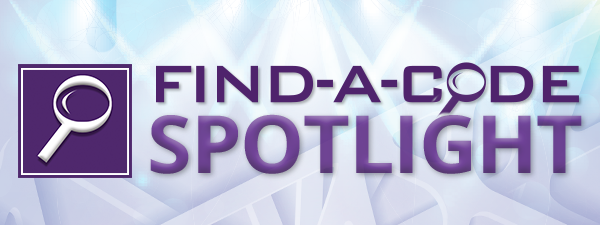 Modifiers in Postoperative PeriodsBy Allison Singer, CPC, CPMA
March 28, 2016 Introduction Documenting the events of a patient visit is not always the simplest and most straightforward of processes. Many variables affect which information must be included in order to report a procedure or service accurately. Global periods are one of those variables. A global period is the amount of time before, during, and after a surgical procedure that covers the typical patient care for that particular procedure. When a provider performs a new procedure or service on a patient who is within the global period of a previous procedure, the new procedure must be distinguished by using a modifier.
Global Surgical Package Any surgical procedure listed in the CPT® Manual (10021-69990) is subject to global periods under the Medicare Physician Fee Schedule. In the Medicare Physician Fee Schedule Database (MPFSDB), each procedure is assigned a global period status: 000, 010, 090, MMM, XXX, YYY, or ZZZ. The three global period statuses coders must pay attention to are 000, 010, and 090 for minor and major surgical procedures. Note: To access the MPFSDB, go to: http://www.cms.hhs.gov/PhysicianFeeSched/01_overview.asp Minor surgical procedures include either a zero or 10-day postoperative period, starting the day of the surgical procedure. Major surgical procedures include a 90-day postoperative period, starting either the day before or the day of the surgical procedure. When patient care falls within either the 10-day or 90-day global period, new services must be documented with a postoperative modifier.
Providers are not separately reimbursed for providing routine postoperative care during the postoperative period, even if the procedure is reported with a postoperative modifier. Routine postoperative care includes the following services:
Basics Rules Modifiers 24, 58, 78, and 79 have the following usage rules in common:
Note: Payers consider physicians that belong to the same specialty and who are of the same group practice (identified by the same tax identification number) to be the “same physician.” Modifiers are also classified as either payment modifiers or information modifiers. Payment modifiers directly affect the reimbursement rate of a procedure or service’s allowable fee schedule. Information modifiers reference essential documentation details, such as, anatomic site. It may be necessary to apply more than one modifier to a surgical procedure in order to document the services accurately. To ensure proper payment, payment modifiers must be sequenced in the first modifier position before any information modifiers. Note: Modifiers 58, 78, and 79 are combined frequently with laterality modifiers (RT, LT, and 50), anatomy-specific modifiers (E1, E2, E3, and E4), and assistant surgeon modifiers (80, 81, 82, and AS).
The following rules apply:
Example Dr. Smith sees an established patient in his office who had a bike accident. Dr. Smith performs an intermediate repair for a 4.0cm wound on the patient’s forehead. The repair has a 10-day global period. Three days later, the patient sees Dr. Smith complaining about sinus trouble. Dr. Smith performs a problem focused exam and diagnoses the patient with a sinus infection. He writes a prescription and codes the visit as a 99212-24. Modifier 58 – Staged/related procedure by the same physician during a postoperative period The following rules apply:
Example On February 1, a patient undergoes an iridotomy (66761) on his left eye. In the medical record, the surgeon states the patient may need a laser trabeculoplasty on the same eye. On April 10, the patient sees the doctor for a follow-up visit, and the surgeon decides to perform the second surgery the next day. The trabeculoplasty is billed as 65855-58-LT. Modifier 78 – Unplanned return to the operating room by the same physician following the initial procedure for a related procedure during the postoperative period The following rules apply:
Example On April 1, a patient undergoes knee replacement arthoplasty (27440) on her right knee. The patient ends up with a severe knee joint infection. On April 30, the surgeon performs a knee arthrotomy (27310). Since the knee arthrotomy was performed less than 90 days after the original procedure, the procedure is reported as 27310-78-RT. Modifier 79 – Unrelated procedure by the same physician during the postoperative period The following rules apply:
Example On May 1, a patient undergoes a complex cataract surgery (66982) on her right eye, and then has the same surgery performed on her left eye on June 1. The second cataract surgery on her left eye would be reported as 66982-79-L share
More Items in March 2016
To view more items select a month from our "Items by Month" list. |
2021 - View 2020 - View 2019 - View 2018 - View 2017 - View 2016 - View 2015 - View 2014 - View 2013 - View 2012 - View 2011 - View 2010 - View 2009 - View 2008 - View |
Thank you for choosing Find-A-Code, please Sign In to remove ads.

 Quick, Current, Complete - www.findacode.com
Quick, Current, Complete - www.findacode.com